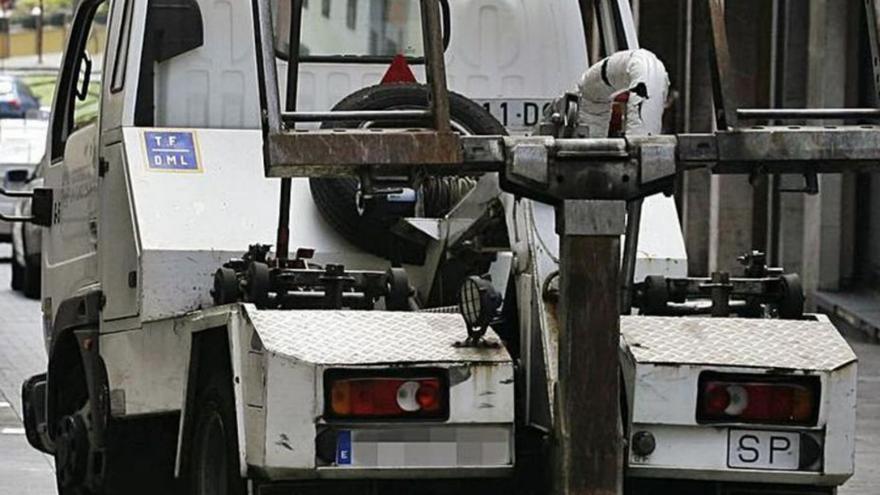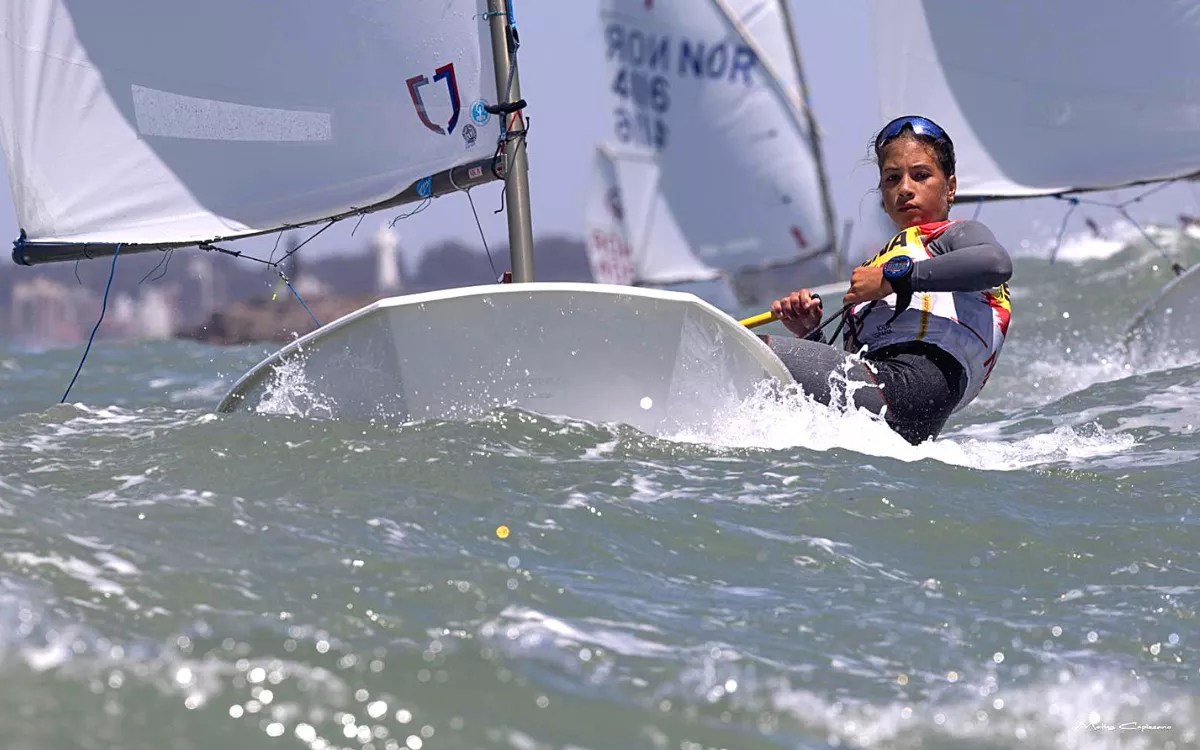
A budget of 100,000 euros will allow for the bidding of express crane services on the TF-5 (North) and TF-1 (South) in the event of accidents or breakdowns. Dávila emphasized the need for an agile response to prevent traffic congestion.
One of the commitments made by the president upon taking office was to alleviate the recurring traffic jams and improve mobility. She guaranteed a “joint” effort in this regard between the Guardia Civil, Directorate General of Traffic (DGT) and Road Service.
The most suitable locations for the cranes are currently being analysed, typically at the “black spots” on both highways, with the objective of reaching the scene of the accident in no more than 15 minutes.
Dávila stressed the need to determine how to “reconcile” this service with the private cranes of drivers’ insurance. She specified that “there are cases where they are on the other side of the island and the Cabildo’s crane could solve the problem much more quickly.”
In addition to mobility, a budget of 250,000 euros was also approved to establish a collaboration agreement with the La Orotava City Council. Its purpose is to assist in the surveillance and removal of improperly parked vehicles in the Teide National Park. This includes the presence of the Local Police in the Park to carry out vigilance activities, as well as budgeting for a new crane service to remove parked cars from the roadside, especially on snowy days.
Dávila also announced the signing of an agreement with the Canary Islands Health Service (SCS) to provide more services at the Hospital del Norte and the Puerto de la Cruz Specialties Center. This will improve mobility by reducing travel to major hospitals, especially the HUC, where the majority of health cards in the north of the island are referred.
















